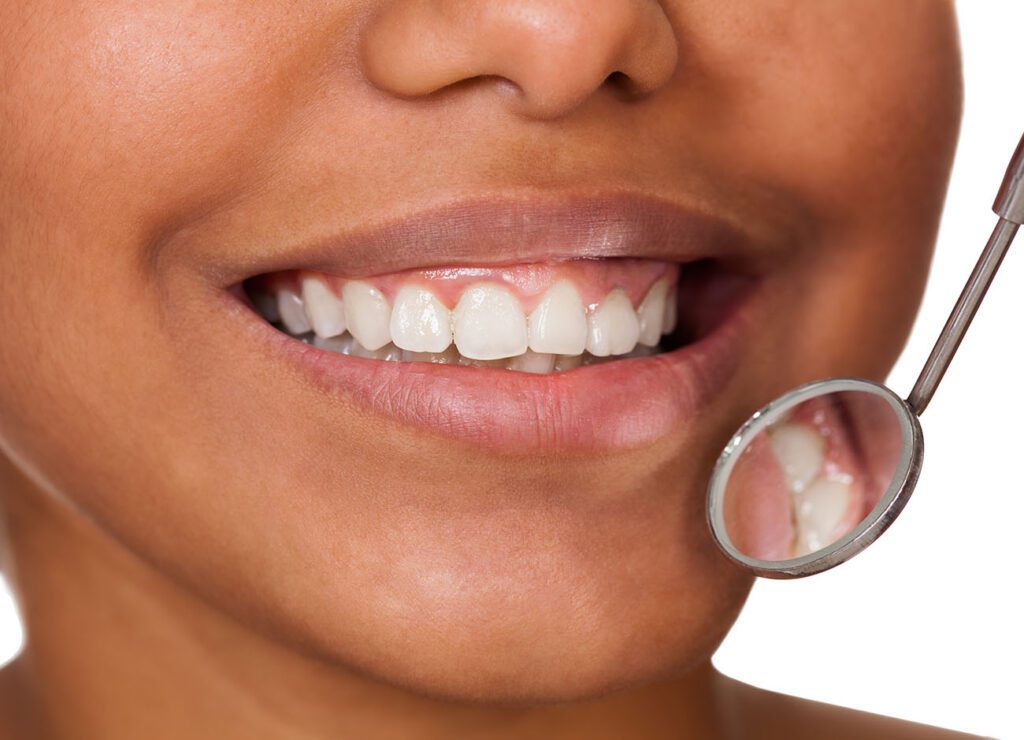Our gums help connect our mouths to the rest of our bodies via nerves and blood vessels. Keeping them clean and strong is crucial for maintaining our overall health. But if you have bleeding gums in Yardley, PA, it could be an indication of a greater dental problem. While some cases of bleeding gums can be solved with simple at-home remedies, others may require treatment. As soon as you notice your gums are bleeding, it’s a good idea to call your dentist to schedule an exam and determine the source.

Causes and Treatment of Bleeding Gums in Yardley, PA
Your gums can bleed for a variety of reasons. One of the most common, however, is gum disease. When our gums become infected with plaque or tartar, bleeding is often one of the early warning signs. But your gums could also bleed due to something as simple as having a piece of food stuck between your teeth. They may also bleed after certain dental treatments or physical trauma. Knowing what is causing your bleeding gums is often key to treating it.
Stuck Food
In the best-case scenario, your gums may be bleeding because a piece of food got stuck between your teeth. Bleeding is more common with hard and crunchy foods, such as chips, but it can also occur with softer foods as well. If you notice bleeding, particularly in one area, start by rinsing your mouth with warm water and gently flossing around the area. It’s common for your gums to continue to be a little red and puffy with some slight bleeding as the soft tissue repairs itself. However, if symptoms persist for more than a day or two, contact your dentist.
Gum Disease
If you notice your gums bleeding in a wider area, especially when brushing and flossing, it could be a sign of gum disease. A swollen gumline and bleeding are common symptoms of the early stages of gum disease, gingivitis. If caught early on, you may be able to treat gum disease with an antibacterial mouthwash or a deep periodontal cleaning. However, if gum disease continues to advance, then you may need more invasive treatment. Contacting your dentist as soon as you notice bleeding is crucial to help treat gum disease before it spreads.
Dental Procedures
Many dental procedures, especially oral surgery such as implant placement, can cause irritation and slight damage to your gums. Your dentist will tell you if bleeding gums are common after your appointment. While this can be natural, most cases of bleeding tend to clear up within a day or two. If you continue to bleed, or if the bleeding is excessive, contact your dentist for a follow-up exam.
If you notice your gums are bleeding, the sooner you act, the better. Call our office today at 267.592.3552 to schedule a consultation and see if periodontal treatment may be necessary for your oral health.
